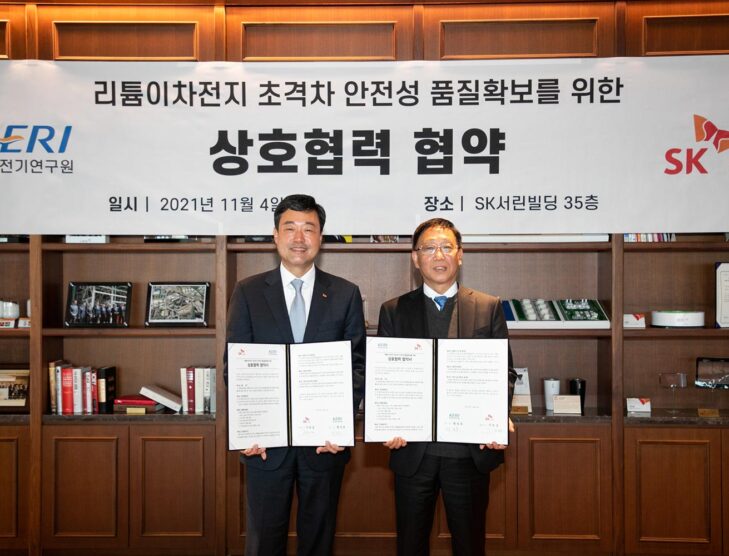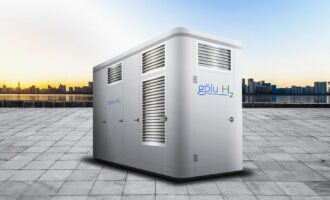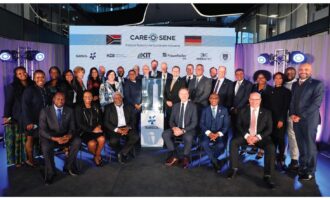
SK On signs MoU with KERI to improve safety of EV batteries
SK On, which plans to invest USD2.53 billion in a new electric vehicle (EV) battery factory in China, has signed a memorandum of understanding with Korea Electrotechnology Research Institute (KERI) to create a lithium-ion battery safety-maximizing technology and related standards. Now a wholly owned subsidiary of South Korea’s SK Innovation, SK On was carved out of SK Innovation’s battery unit last month.
KERI is a government-funded research institute under South Korea’s Ministry of Science and ICT that conducts power machinery testing and certification and engages in a variety of electricity-related technologies research and development (R&D).
Myung Sung-ho, president of KERI, Jee Dong-seob, CEO of SK On, and others were present at the ceremony held at SK Seorin Building in Jongno-gu, Seoul, South Korea on November 4.
The MOU outlines the two organizations’ collaboration in creating technologies to produce considerably more advanced batteries by conducting rigorous tests and research in the areas of:
- Battery Performance
- Reliability
- Safety
- Others
The relationship between SK On and KERI stems from SK On’s aspiration to develop ‘super gap’ competencies in battery safety, allowing consumers to trust and use its batteries.
To date, SK On has not had a single fire accident in the company’s 150 million battery cell deliveries to date. The company has an order backlog totaling 1,600 gigawatt hours (GWh) order because of its excellent safety track record. This backlog is equivalent to around KRW 220 trillion (USD186 billion), making SK On the undisputed global leader in the battery industry.
Both parties will first devise a new evaluation method to determine which conditions are conducive to certain types of fires. For example, in order to analyze the fire caused by foreign substances in battery cells, it is necessary to study ignition conditions by assuming severe environments that can be applied to the actual service environment and figure out varying ignition conditions depending on the types and quantity of foreign substances. Test values derived from this method will then be used to build a ‘super gap’ technology to prevent fires.
In collaboration with KERI, SK On intends to enhance the internal quality evaluation criteria well beyond what is currently required. The company will establish stringent battery quality test requirements in view of actual events that may occur while driving an electric vehicle, taking into account varied EV driving situations.
A standard thermal shock endurance test, for example, that assesses a battery’s tolerance to heat, would be transformed into a sophisticated stress test by simultaneously adding external impact.
The two organizations also agreed to work together to address future areas of improvement regarding international battery standards. They will propose ideas that appropriately reflect the gist of evaluations that global standards are aiming for and result in precise conclusions, ultimately advancing the electric vehicle and battery industries.
“We will create an unrivaled super gap in terms of safety, allowing SK On batteries to be recognized as a new ‘measure of quality’ for customers looking for safe and outstanding electric vehicles, while also contributing to the development of the global battery industry and the growth of the electric vehicle industry,” said Jee.









